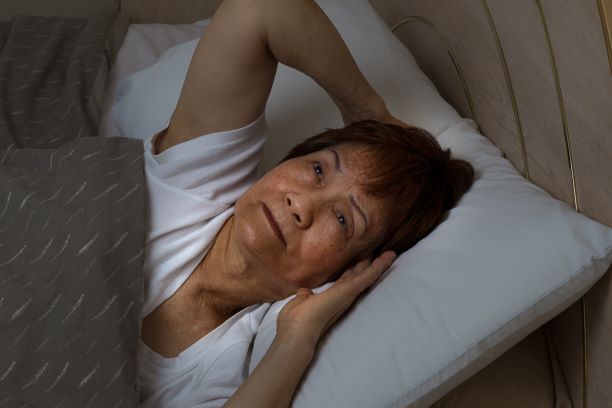Sleeping tips for stressful times
Often one of the first things affected in times of stress is our sleep. It can be difficult to get healthy amounts of sleep when anxiety levels are high. However, it is really important when you are more stressed than normal to maintain healthy sleeping patterns and habits.
A good night’s sleep is key for the health of your body and brain. Sleep deprivation can affect your immune system, increase inflammation and make you more vulnerable to illness. It can also affect your physical and mental health. These are the last things you need to add to an already stressed body.
Here are some helpful tips to help get a good night’s sleep at this stressful time:
Maintain a regular routine
Many people’s lives have been overturned due to the Coronavirus pandemic, making it even more important to keep up a regular routine. Keeping our lives as close to our normal routine is helpful to retain some sort of normality, make you feel less disrupted and important to maintain good sleeping patterns.
Don’t nap excessively
If you are working from home or in lockdown you may find yourself napping during the day, possibly even quite frequently.
Excessive napping can throw out your routine and actually make you more tired during the day and potentially disrupt your regular sleep routine. Its best to stick to your normal sleep routine and keep napping to a minimum.
Get some exercise
Exercise should be part of your daily routine and is especially important for sleep. Even if your exercise routine has been altered by lockdowns or gym closures, try and find a suitable replacement that fits with your current situation.
We feel more tired if we have exerted ourselves, just make sure that the exercise isn’t within a few hours of sleep, as this can make it harder to get to sleep.
Limit blue light exposure near bedtime
The internet has been a great way to stay connected and entertained during the times of isolation. However, looking at a screen all day is not helpful when it comes to trying to get to sleep.
Therefore, it is recommended to avoid screens and TV in the hour before sleep and try reading a book or listening to music instead.
Avoid drinking excessive alcohol
Alcohol isn’t a healthy coping mechanism for dealing with stress and anxiety. And even though we may feel like it helps us fall asleep, it affects the quality of our sleep, it isn’t restful. And the combination of alcohol and poor sleep can have a real effect on diminishing the immune system.
Interested in similar articles? Why not check these out:
Source:











